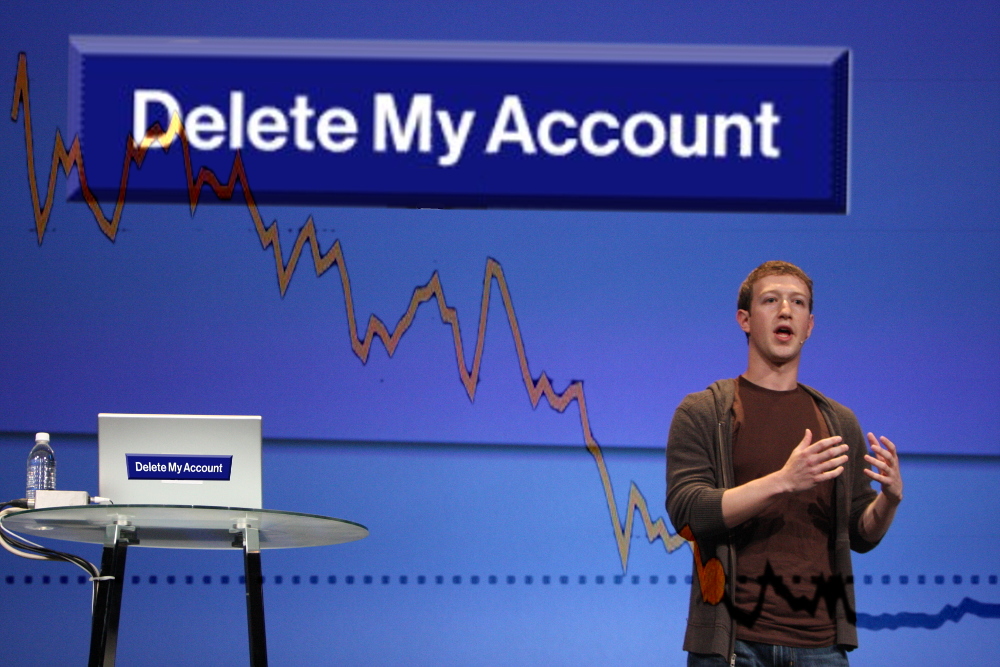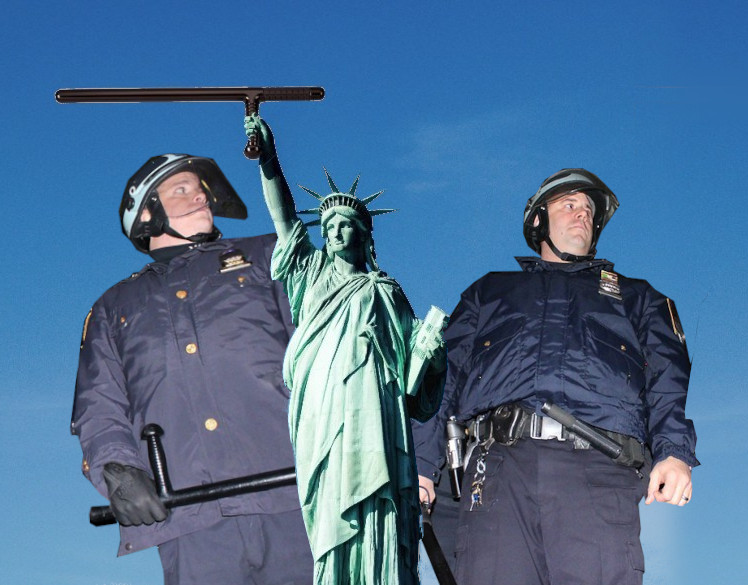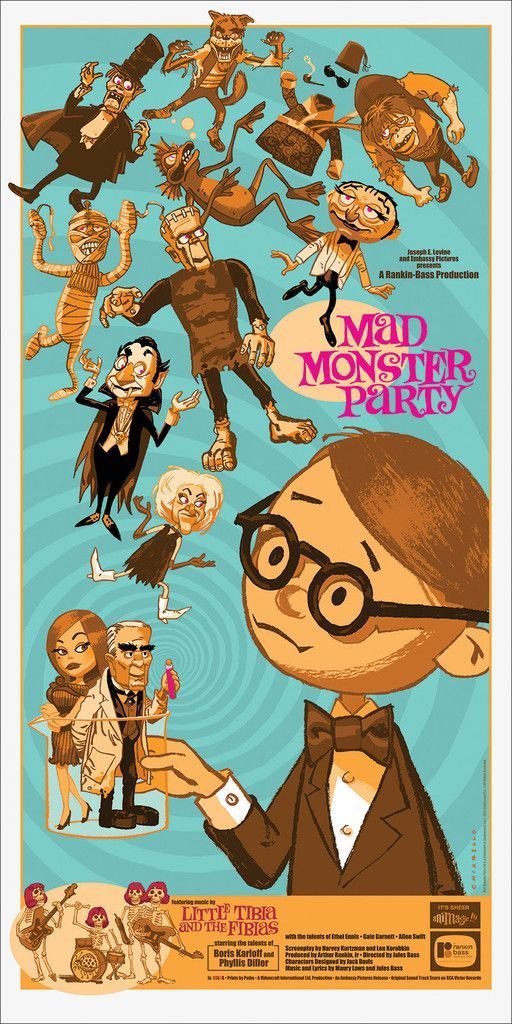
A monopolist's first preference is always "don't regulate me." But coming in at a close second is "regulate me in ways that only I can comply with, so that no one is allowed to compete with me."
1/
1/

A couple hundred mil for compliance SOUNDS like a lot but it's a BARGAIN if it excludes future competitors.
That's why Facebook and Youtube flipped and endorsed the EU plan to mandate hundreds of millions of euros' worth of copyright filters in 2019.
eff.org/deeplinks/2019…
2/
That's why Facebook and Youtube flipped and endorsed the EU plan to mandate hundreds of millions of euros' worth of copyright filters in 2019.
eff.org/deeplinks/2019…
2/
Mark Zuckerberg may be a mediocre sociopath with criminally stupid theories of human interaction that he imposes on 2.6 billion people, but he is an unerring bellwether for policies that will enhance Facebook's monopoly power.
3/
3/
Pay attention whenever Zuck proposes a "solution" to the problems he caused (not just because creating a problem in no way qualifies you to solve that problem) - the only "problem" he wants to solve is, "How do I monopolize all human interaction?"
4/
4/
Today, Zuckerberg is testifying about his monopoly power to Congress. Hours before he went on air, he released a proposal to "fix Section 230 of the Communications Decency Act."
theverge.com/2021/3/24/2234…
5/
theverge.com/2021/3/24/2234…
5/
#CDA230 is the rule that says that the people who publish unlawful speech should be accountable for it - not the service providers that hosted the speech (but it DOES allow online services to moderate speech it finds offensive).
6/
6/
CDA230 is among the only good technology laws the US Congress ever adopted, and without it, no one would ever host your complaint about a business, your #MeToo whistleblowing, your negative reviews or your images of official corruption or police violence.
7/
7/
The GOP hates 230 because it lets online platforms delete disinformation and hate speech without obliging them to have a "fairness doctrine" rebuttal (e.g. deleting both Trump's exhortations to inject bleach AND messages from doctors saying DON'T INJECT BLEACH!).
8/
8/
The right hates 230 because their 40 year program to create unlimited corporate power by nerfing antitrust law has created...unlimited corporate power, which is sometimes wielded against them.
9/
9/
Rather than limiting corporate power, they want to make it possible for rich people to sue Big Tech platforms for shadowbanning them. This is standard cognitive dissonance nonsense, and par for the course for Reagan's brainchildren.
10/
10/
But in a weird reversal, progressives have picked up on this, joining hands across the aisle to demand the right to sue platforms for things users say, despite the fact that this is a gift to giant corporations and ruthless plutes who want to silence their critics.
11/
11/
Seriously. CDA230 is 26 words long. It's not hard to understand. if you think abolishing CDA230 will hurt Facebook, you've been fooled. Just read this:
techdirt.com/articles/20200…
12/
techdirt.com/articles/20200…
12/
If that doesn't convince you, consider this: Zuck wants to get rid of CDA230, too.
Zuck does not propose rules that hurt Zuck.
Zuck is an unreliable narrator, but his regulatory proposals for Facebook are unswervingly perfect indicators of "Things that benefit Facebook."
13/
Zuck does not propose rules that hurt Zuck.
Zuck is an unreliable narrator, but his regulatory proposals for Facebook are unswervingly perfect indicators of "Things that benefit Facebook."
13/
Here's Zuck's proposal: CDA230 should only apply to platforms that use "best practices" to eliminate bad speech. What's a "best practice?" It's what the "industry leaders" do. Who's an "industry leader?"
Facebook.
14/
Facebook.
14/
Zuck's proposal then, is, "To solve the problems Facebook creates, we should mandate that everyone do what Facebook is doing."
There's two big problems with this.
15/
There's two big problems with this.
15/
First, Facebook sucks. The "AI filters" and army of moderators its uses to moderate content are tuna nets that catch entire pods of dolphins.
Consider three sentences:
I. Shut up, you [racial epithet]!
II. Then he told me, "shut up, you [racial epithet!" and,
16/
Consider three sentences:
I. Shut up, you [racial epithet]!
II. Then he told me, "shut up, you [racial epithet!" and,
16/
III. "The candidate is ending his campaign because it was reported that he told a message-board user, 'shut up, you [racial epithet]!"
No filter can decide which of these to block. Indeed, human moderators often get this wrong.
pluralistic.net/2021/01/09/the…
17/
No filter can decide which of these to block. Indeed, human moderators often get this wrong.
pluralistic.net/2021/01/09/the…
17/
If you hate Facebook's moderation, I invite you to consider that the problem isn't that FB isn't trying hard enough - it's that making speech judgments about the discourse of 2.6b people in 150 countries speaking hundreds of languages is an impossible job.
18/
18/
Which brings me to the second problem with Zuck's proposal: it is incredibly expensive, which means only companies that already as big as Facebook would be allowed to compete with Facebook, and that means we can only have services that are too big to moderate effectively.
19/
19/
Importantly, it means we have to kill proposals - like the 2020 ACCESS Act - to allow new services to interoperate with FB, which would allow groups of users to have the autonomy to make their own moderation choices, booting out the toxic trolls and harassers FB welcomes.
20/
20/
Zuck's proposal to fix the problem of Facebook, then, is "We should fix Facebook by not changing Facebook at all, and making it illegal to make a service that interoperates with Facebook, starving it of the monopoly rents it uses to evade real regulation."
21/
21/
This is such a shameless piece of self-serving bullshit, it should be comic. But it's not. It's terrifying. It's exactly the kind of "solution" that low-information lawmakers love - something that lets them "get tough on a bad actor" without risking campaign contributions.
22/
22/
Don't be bamboozled. Please. The answer to Facebook will not come from Facebook. You can't fix something from the inside that shouldn't exist in the first place.
Facebook doesn't have a "Nazi problem" or a "disinformation problem." It has a FACEBOOK PROBLEM.
23/
Facebook doesn't have a "Nazi problem" or a "disinformation problem." It has a FACEBOOK PROBLEM.
23/
The answer to Facebook is giving the public technological self-determination. Use interoperability so FB can't hold our friends hostage anymore. Force breakups so FB can't use predatory acquisitions to deprive us of choice. Block mergers.
eff.org/wp/interoperab…
24/
eff.org/wp/interoperab…
24/
But don't address Big Tech by making Bigness a requirement to simply operate online.
Image: Brian Solis (modified):
flickr.com/photos/brianso…
CC BY:
creativecommons.org/licenses/by/2.…
eof/
Image: Brian Solis (modified):
flickr.com/photos/brianso…
CC BY:
creativecommons.org/licenses/by/2.…
eof/
ETA - If you'd like an unrolled version of this thread to read or share, here's a link to it on pluralistic.net, my surveillance-free, ad-free, tracker-free blog:
pluralistic.net/2021/03/25/fac…
pluralistic.net/2021/03/25/fac…
• • •
Missing some Tweet in this thread? You can try to
force a refresh









